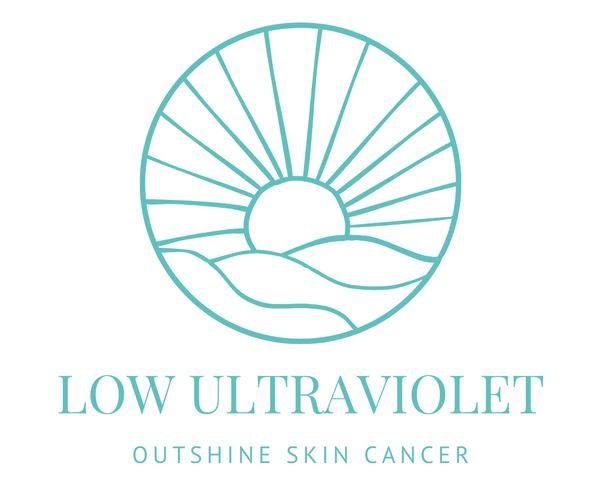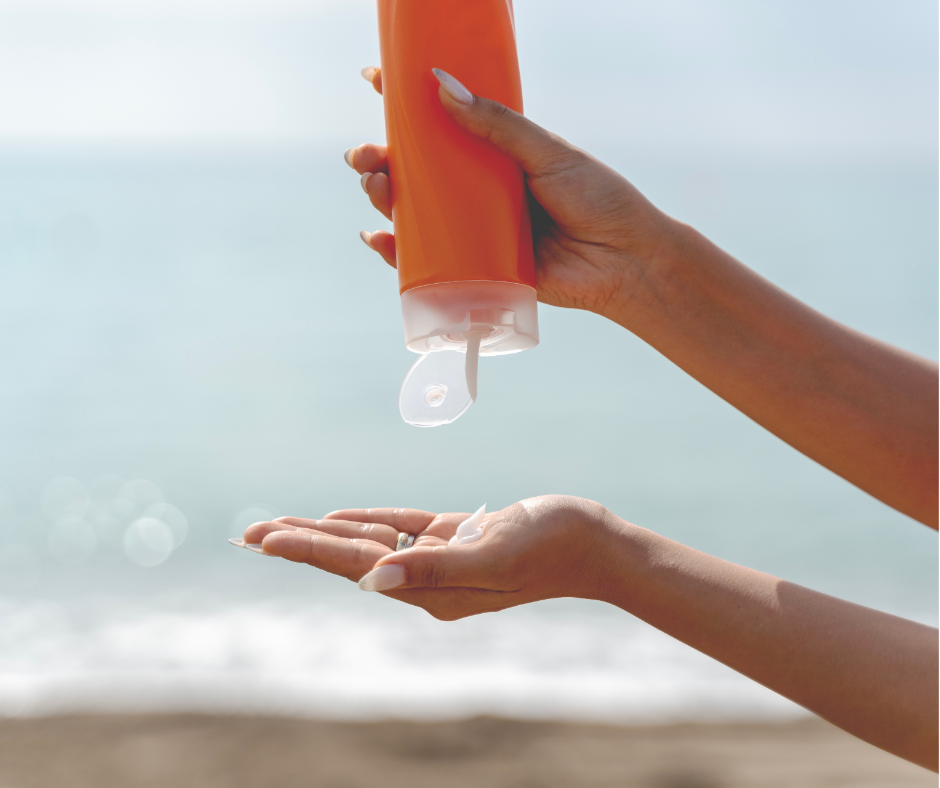It has been decades since a new sunscreen ingredient has been approved in the United States, 1999 to be exact. Since then, the rest of the world has introduced new, better UV-blocking agents while the US continued to use older broad-spectrum chemical agents. One of these UV filters is Bemotrizinol, an organic UV filter that has been widely used worldwide since 2000. So, what is this new SPF ingredient seeking FDA approval?

What is Bemotrizinol?
Bemotrizinol, branded as PARSOL Shield, is an organic UV filter widely used in nearly all European and Asian sunscreens. It is also viewed as the most effective UV absorber as measured by SPF.
Key Characteristics:
- It is photostable. This means it doesn't degrade and lose effectiveness once it has been exposed to sunlight.
- It provides broad-spectrum protection. Broad-spectrum protection protects against harmful UVA and UVA rays.
- It is more fat-soluble than older UV filters. This aids in its efficacy and greater broad-spectrum protection.
How Does Bemotrizinol Compare to Existing US Sunscreen Ingredients?
Current US-approved UV filters, such as Avobenzone, Oxybenzone, and Octinoxate, have limitations in stability and broad-spectrum protection. Avobenzone, for instance, degrades quickly in sunlight unless paired with stabilizers, while Oxybenzone has raised concerns over potential hormone disruption. Bemotrizinol not only offers the opportunity for stronger broad-spectrum protection but also remains photostable without requiring additional stabilizers.
When is the FDA Expected to Make a Decision?
According to DSM-Firmenich, the European skincare company behind PARSOL Shield, the FDA is expected to decide by March 2026. However, after FDA approval, it could still take several months to years for sunscreen with Bemotrizinol filters to be available on the US market. Supply chain logistics like manufacturing timelines and distribution channels are the main cause for the longer wait.
What Does This Mean for SPF Brands?
Brandi Corbello, the founder of clean sunscreen brand Melan took to Instagram following the announcement and shared that "anything we're working on that has a chemical-based, active ingredient we're probably going to wait and not launch until next year." She continued, "It doesn't make sense to put [the product] through FDA testing this year if we're just going to change [the formula] the next year."
While the jury is still out on exactly when we can expect to see sunscreens containing Bemotrizinol roll out in the US market, we're all excitedly waiting for the first SPF advancement in decades.

